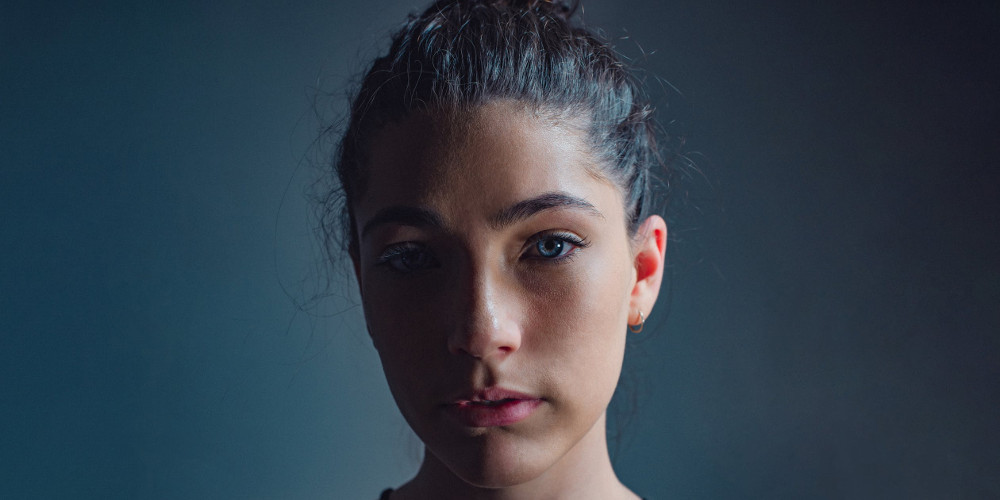Getting Help for Mental Illness is Imperative
Depression and anxiety disorders affect about 18 percent of the United States population each year, yet only about 36 percent seek treatment. While in the UK during 2014, 19.7% of people over the age 16 showed signs and symptoms of depression.
Depression is generally higher among women yet men are the worst about seeking treatment as many feel it shows signs of weakness. For women, the reasons for not seeking treatment are more varied but generally it is because society still places such a stigma on depression and anxiety.
While it is NOT the practice of 7th Sense to diagnose any health-related issue, I recently had a client who exhibited very strong behaviors of depression and talked of suicide. This client went off on me in a very hateful way because I even suggested she seek guidance and treatment from a doctor for this.
Because she was so obviously depressed and suicidal, I felt it would have been irresponsible for me to not bring it up as an option and to provide her with the suicide prevention hotline number. I took her abuse as I do understand how society perceives these diseases. As one who suffers from debilitating depression and often crippling anxiety, I know what to look for in others. I also know and fully understand the importance of proper treatment.
There is no shame in admitting when one needs a little help just to get through the day when dealing with an illness such as depression or anxiety. Yes, depression and anxiety are mental illnesses ~~ diseases. Like any other disease such as cancer or diabetes, they should be treated.
Treatments vary depending upon the person and the depth of the disease as well as the doctor. Ranging from cognitive behavioral therapy to daily medications, there is most certainly something to help everyone and needing these daily aids should never be frowned upon. For many, medication is a literal life-saving tool.
Depression and anxiety disorders are caused by several factors including genetics, life events, brain disorders and environmental factors as well as personality. Some people are simply prone to depression and, at certain times of the year, these depressive symptoms are magnified such as during the winter when sunlight is at a premium. Also, people are often confined to their homes in areas where snow and poor weather conditions prevent them from getting out.
It has been proven that the elderly suffer from depression in high numbers. This is quite often because elderly persons find themselves left at home alone, often feeling forgotten and neglected.
Along with proper treatment, I also find that my own spiritual journey has helped me tremendously in dealing with my mental illnesses. While it is in no way the best way to treat depression or anxiety, it does help me to make sense of many other things going on in my life that may be contributing to my depressive state.
Tamara’s Verdict
Seeking proper treatment from a licensed healthcare professional is the first place to start if you feel you may be suffering from depression and/or anxiety. Never, never allow society to dictate how you feel about yourself and whether or not you feel the need for assistance with any mental illness!



2 Comments
I am in my 50’s I have Anxiety and depression for yrs I noticed that my youngest son has the same. I really don’t no how to help him if I can’t help myself. I really have trouble trusting Drs.
Leticia, getting help is quite difficult but imperative for one’s healing. There are many studies that indicate depression and anxiety are genetic. If you see this in your son, try to direct him to seek help. While there are many books and homeopathic remedies or assistance, many people do require the efforts of a licensed healthcare practitioner.
I also do understand how trusting doctors may be difficult so thoroughly research the varied specialists in your area but definitely seek help for your sake and your son’s.
Blessings.